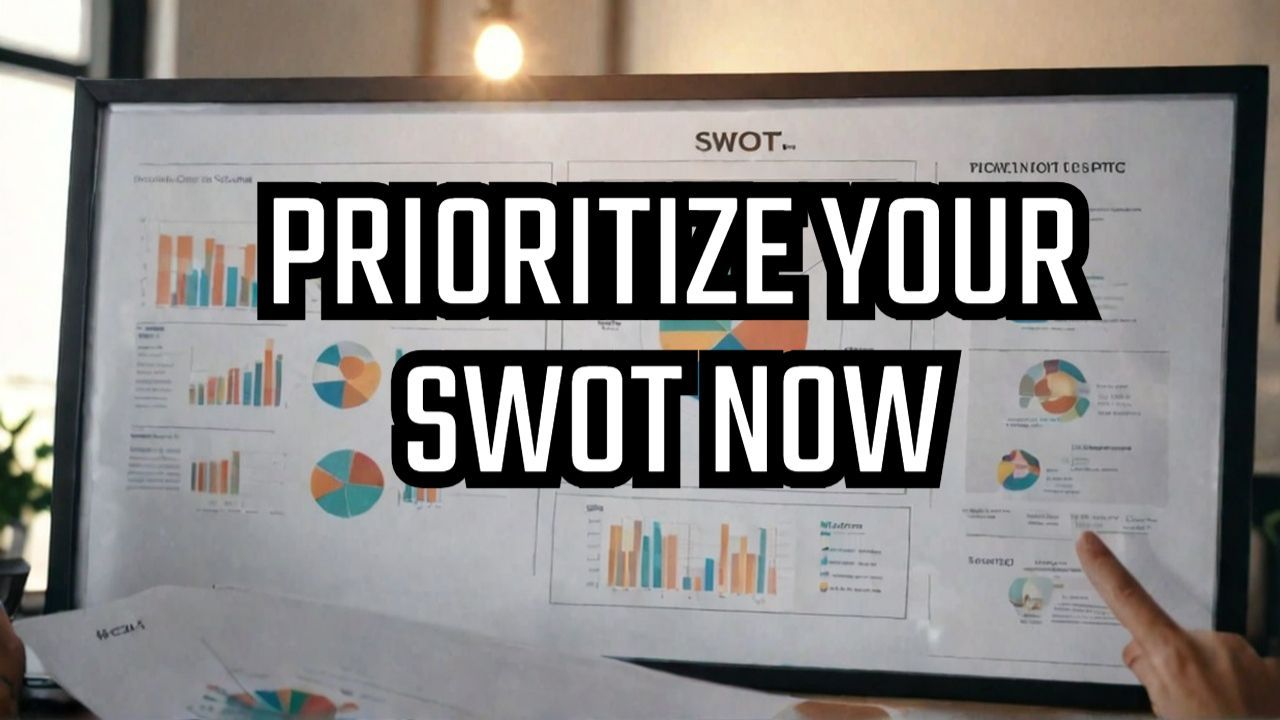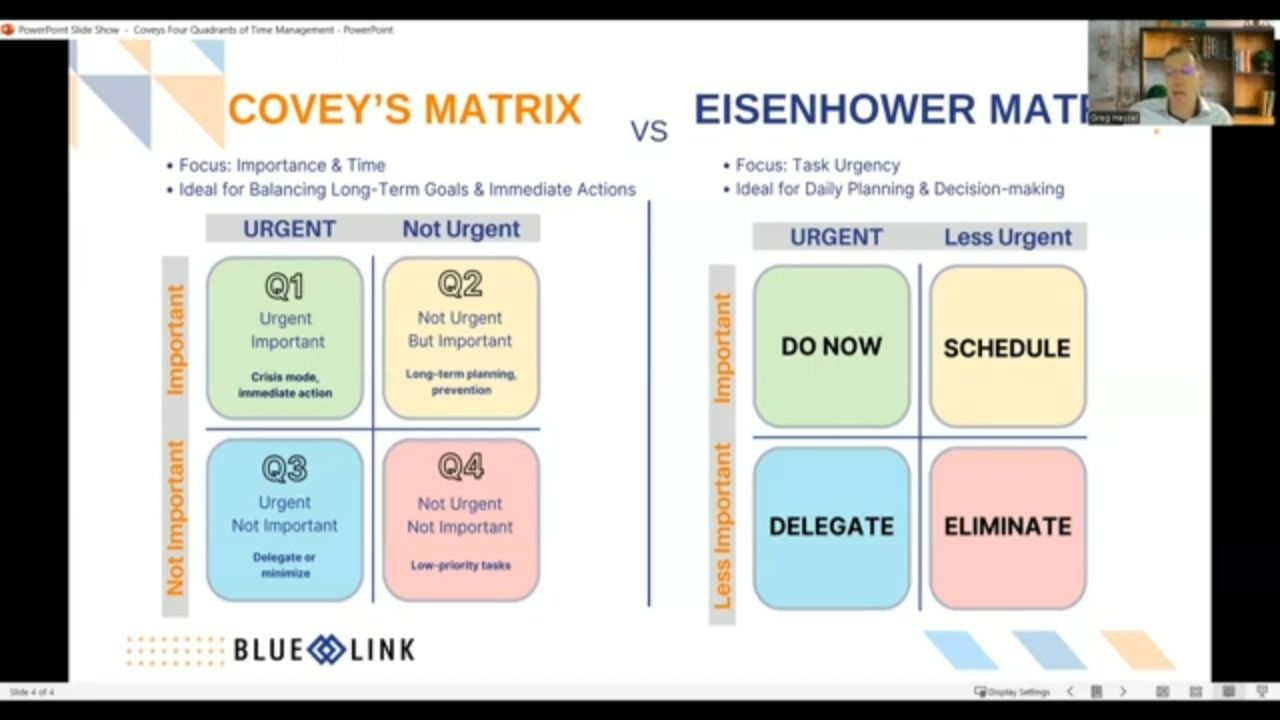4 Types of Trust: The Foundation of Team Building
Team Building Basics

Someone once said, “Trust is like the air that we breathe. You don’t notice it unless it is missing.” And in my consulting work, when I’m helping groups manage conflict and change, it is often missing. So we have to be able to rebuild trust. But before we can even do that, we need to get clear on what is meant by “trust.”
I believe there are at least four types of trust. Sometimes when people talk about trust, they mean competency trust. Competency trust is about people knowing how to do things. It is about being good at your job. A second kind of trust is credibility trust. Credibility is about follow-through. It is about doing what you say you are going to do. Most leaders trust supervisees who are competent and credible.
However, as you look up the chain of command, people want a different type of trust from leaders. A third type of trust that people want from their supervisors is caring trust. Caring trust means you matter to leaders. You are more than a cog in the wheel. You are not invisible. People care about you and value you and your contribution. Additionally, employees want leaders to show vulnerability trust. Vulnerability allows leaders (and therefore everyone) to be authentic and own mistakes. They can say, “I’m sorry,” “My bad,” and “That didn’t work.”
Demonstrating caring and vulnerability trust is not rocket science. Caring trust is built through leaders taking the time to listen to employees, investing in developing them. Caring trust is shown by bringing coffee and donuts to work sometimes and by saying, “Thanks.” It is not rocket science. But often leaders get so busy they forget that people need to be seen and valued. And when people are seen and valued and feel cared for, it is much easier for leaders to manage conflict and performance and difficult conversations. Conversely, when people do not feel valued, it is almost impossible to have successful difficult conversations.
Building trust is one of the most important things that leaders (and consultants) can do. And people rarely tell leaders when they are not trusted. Therefore, leaders who ignore trust do so to their own detriment.
Every few months I produce a free newsletter. No Spam. Unsubscribe anytime.
For a taste, view the archives
SUBSCRIBE
Blogs and vlogs are sorted by topic at the bottom of each service page
STRATEGIC PLANNING
CHANGE MANAGEMENT
CONFLICT MANAGEMENT
TEAM BUILDING
ASSESSMENTS
EXECUTIVE COACHING
IMPROVING EFFICIENCY
BOARD DEVELOPMENT




